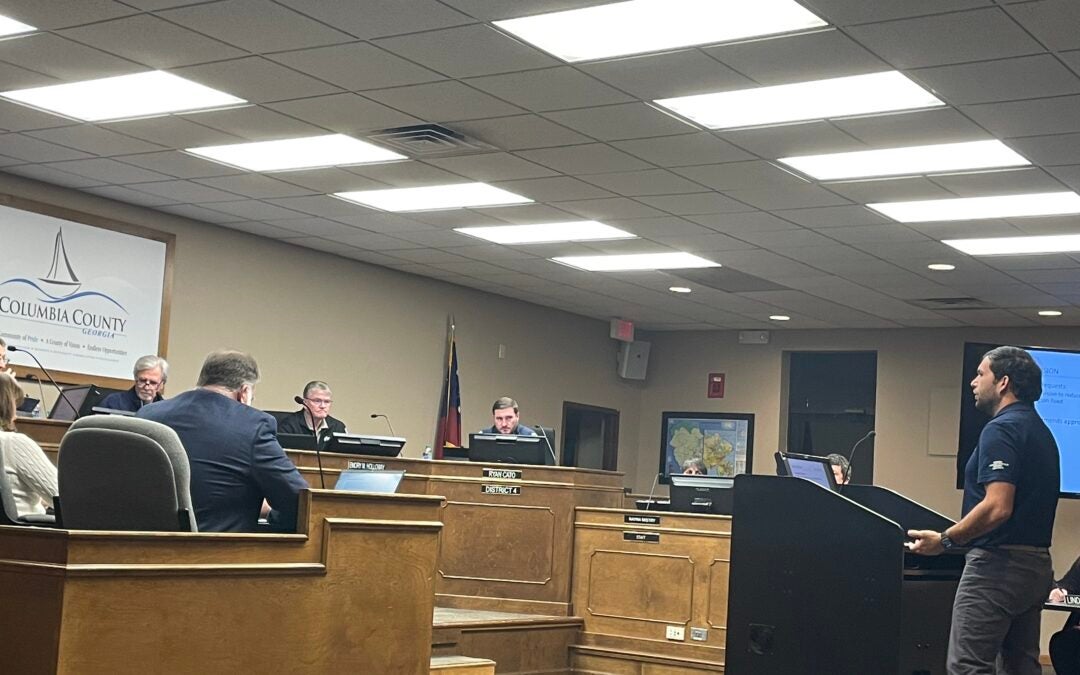The IRS has extended the deadline to invest capital gains in qualified “opportunity zones.” Its purpose is to spur economic growth and job creation in low-income communities while providing tax benefits to investors.
Investors typically have 180 days to invest capital gains in a qualified fund, but if an investor’s 180-period ended after April 1, 2020, the deadline has been extended to March 31, 2021.
[adrotate banner=”13″]
Various tax deferral and tax exemption benefits are available for taxpayers who invest cash in qualified opportunity funds, which are typically self-created LLCs or partnerships with two or more members or partners. The qualified opportunity funds must deploy their contributed cash by certain deadlines, according to Bloombergtax.com
In Notice 2021-10, the IRS extended the deadlines for cash deployment, but that relief is only available to funds formed in January 2021 or earlier. Such funds get a free pass for all of 2020 and 2021, and they typically need to make qualifying investments only by June 30, 2022.
Opportunity zones were created under the Tax Cuts and Jobs Act of 2017 (Public Law No. 115-97), according IRS.gov. More than 8,500 designated federal opportunity zones exist across the country. States can nominate communities for consideration, and the U.S. Department of the Treasury can either accept or reject the nomination.
While the IRS extended the deadline a few weeks ago, some believe President Biden will be making further alterations to the opportunity zone program.
[adrotate banner=”13″]
“The President is supportive of some reforms to the way that opportunity zones operate to make sure they are actually driving investment into communities that need it,” said Bharat Ramamurti, deputy director of the White House National Economic Council.
According to a December 2020 report from WealthManagement.com, opportunity zones have collected more than $75 billion in capital. Some critics have accused the program of benefiting investors more than the under-served, often minority communities living within the zones.
It remains to be seen what changes could affect the program, especially in an economy working through the lingering effects of a nation-wide shutdown for much of 2020.
Tyler Strong is the Business Editor for The Augusta Press. Reach him at tyler@theaugustapress.com
[adrotate banner=”45″]










